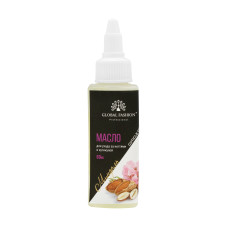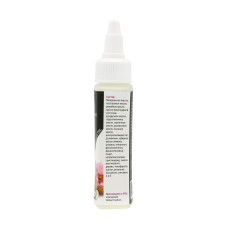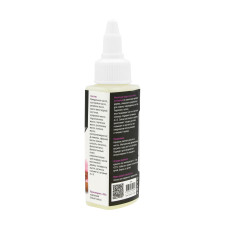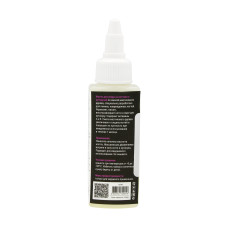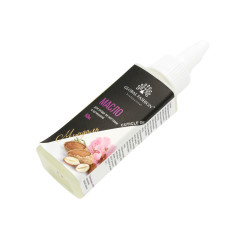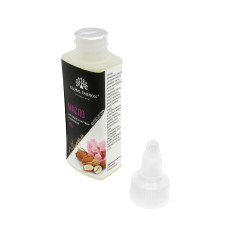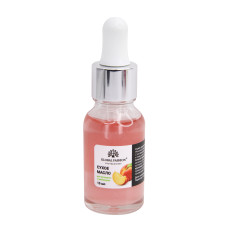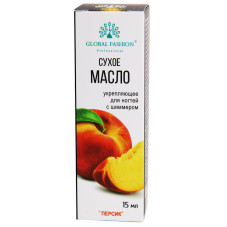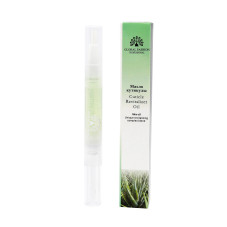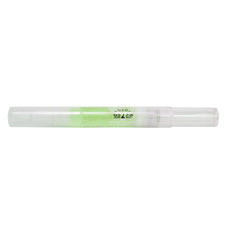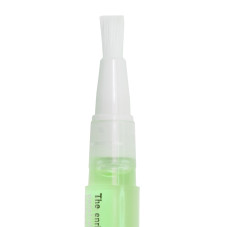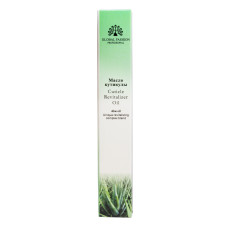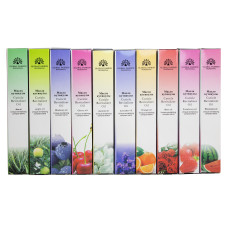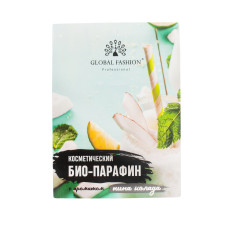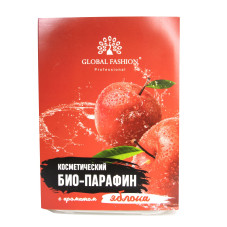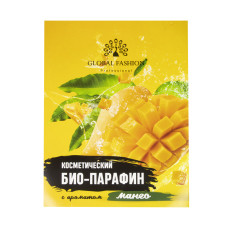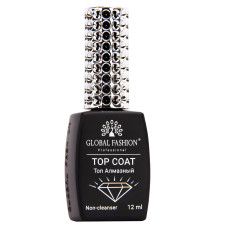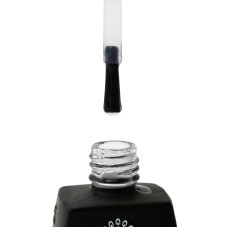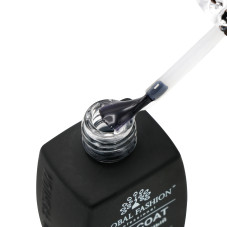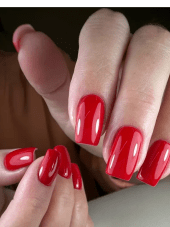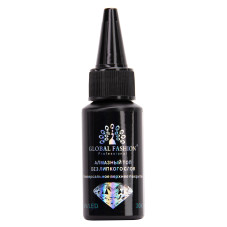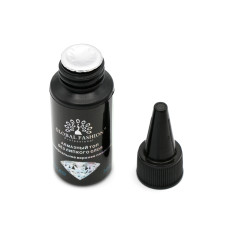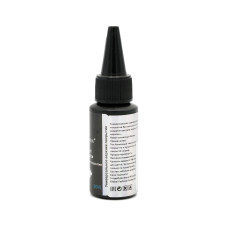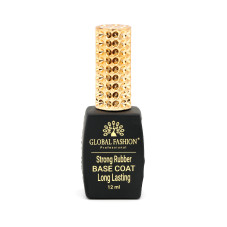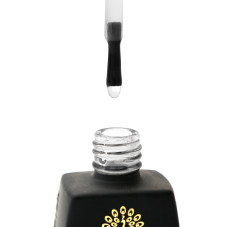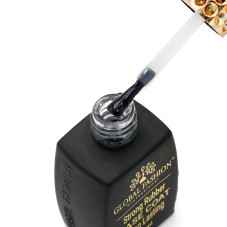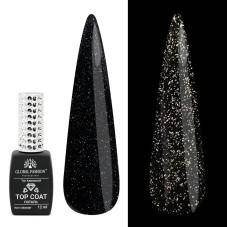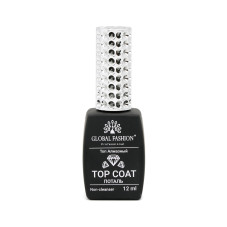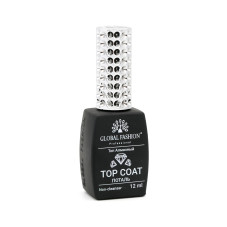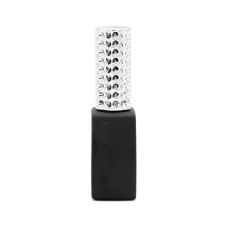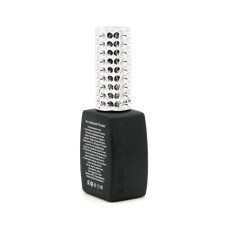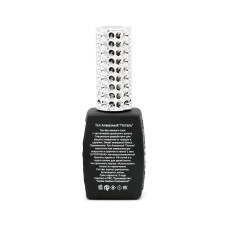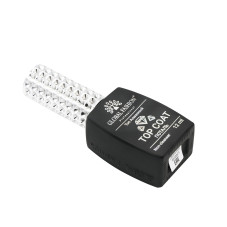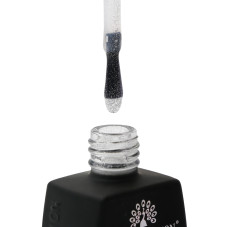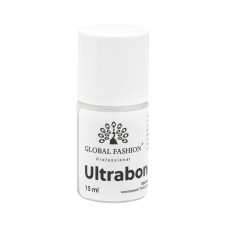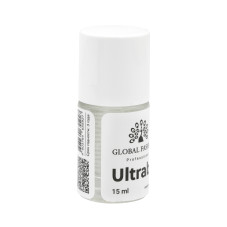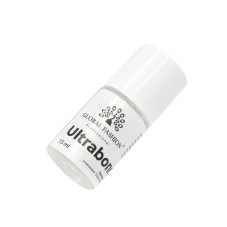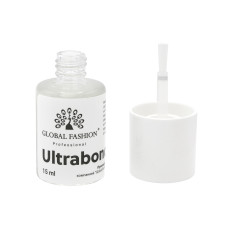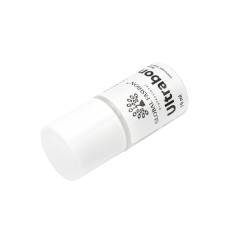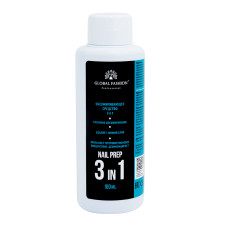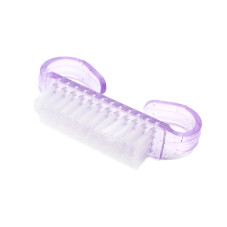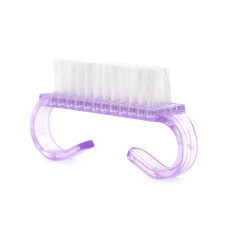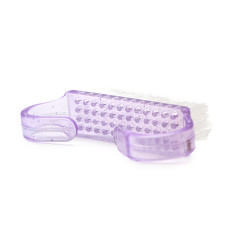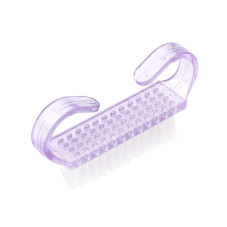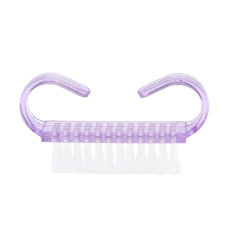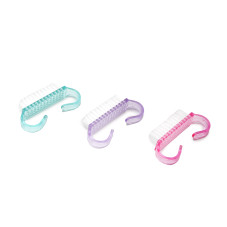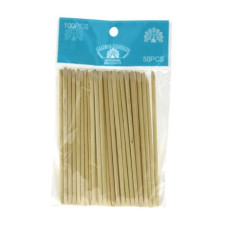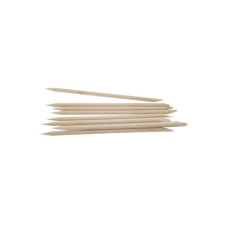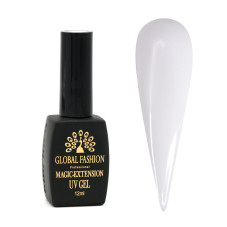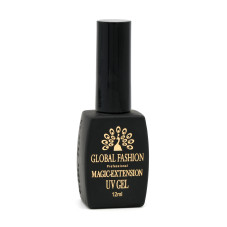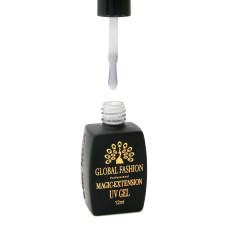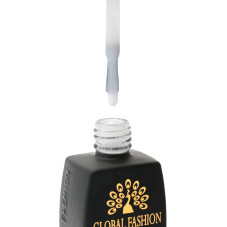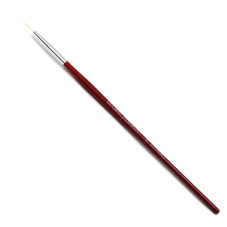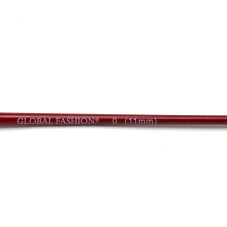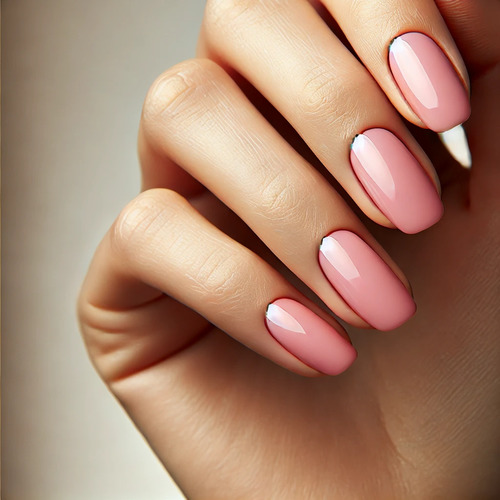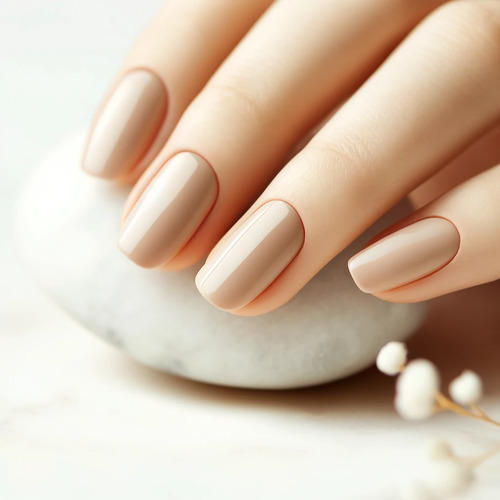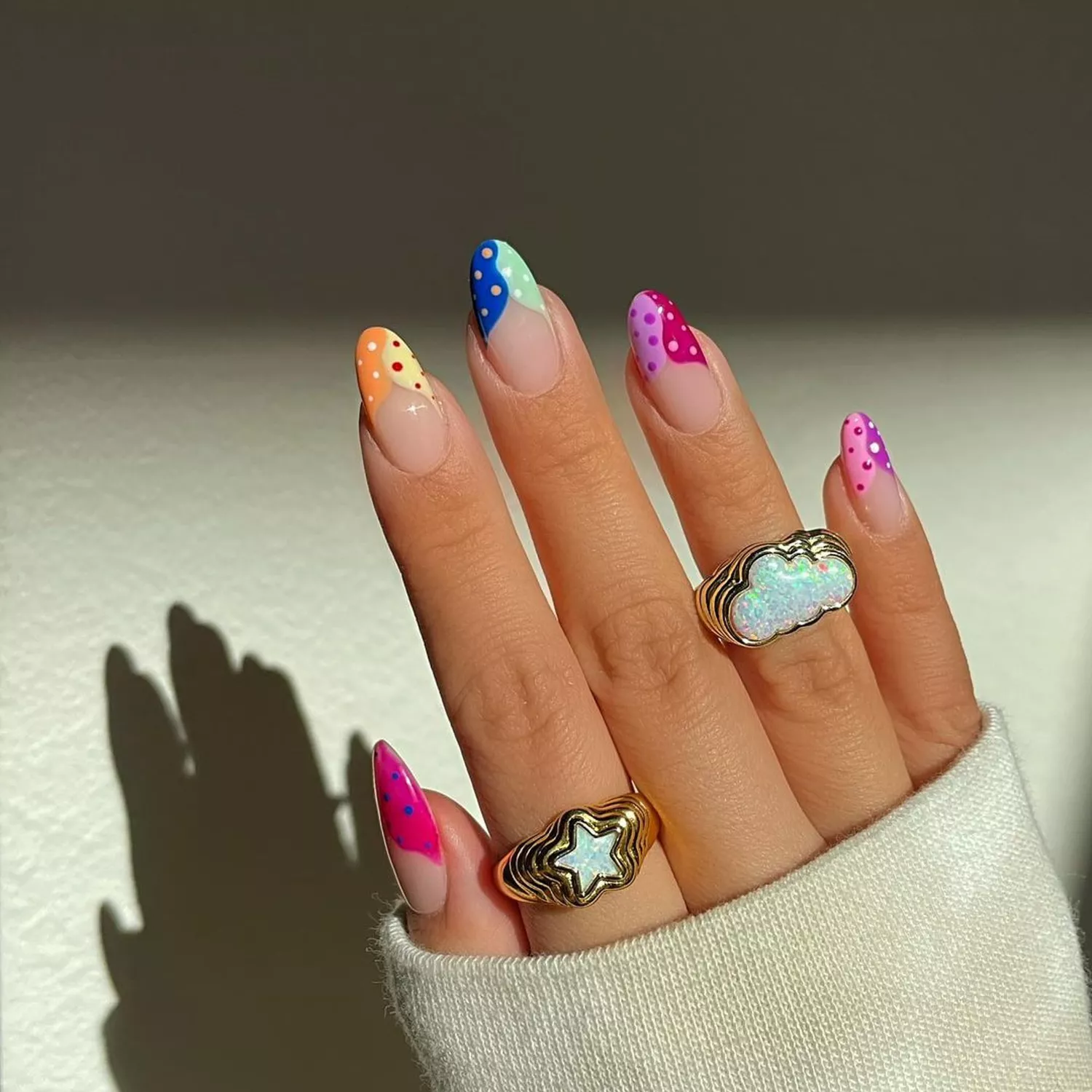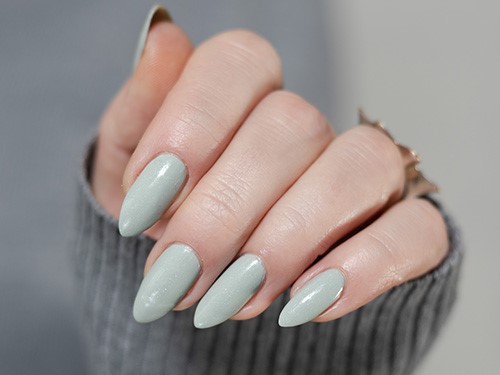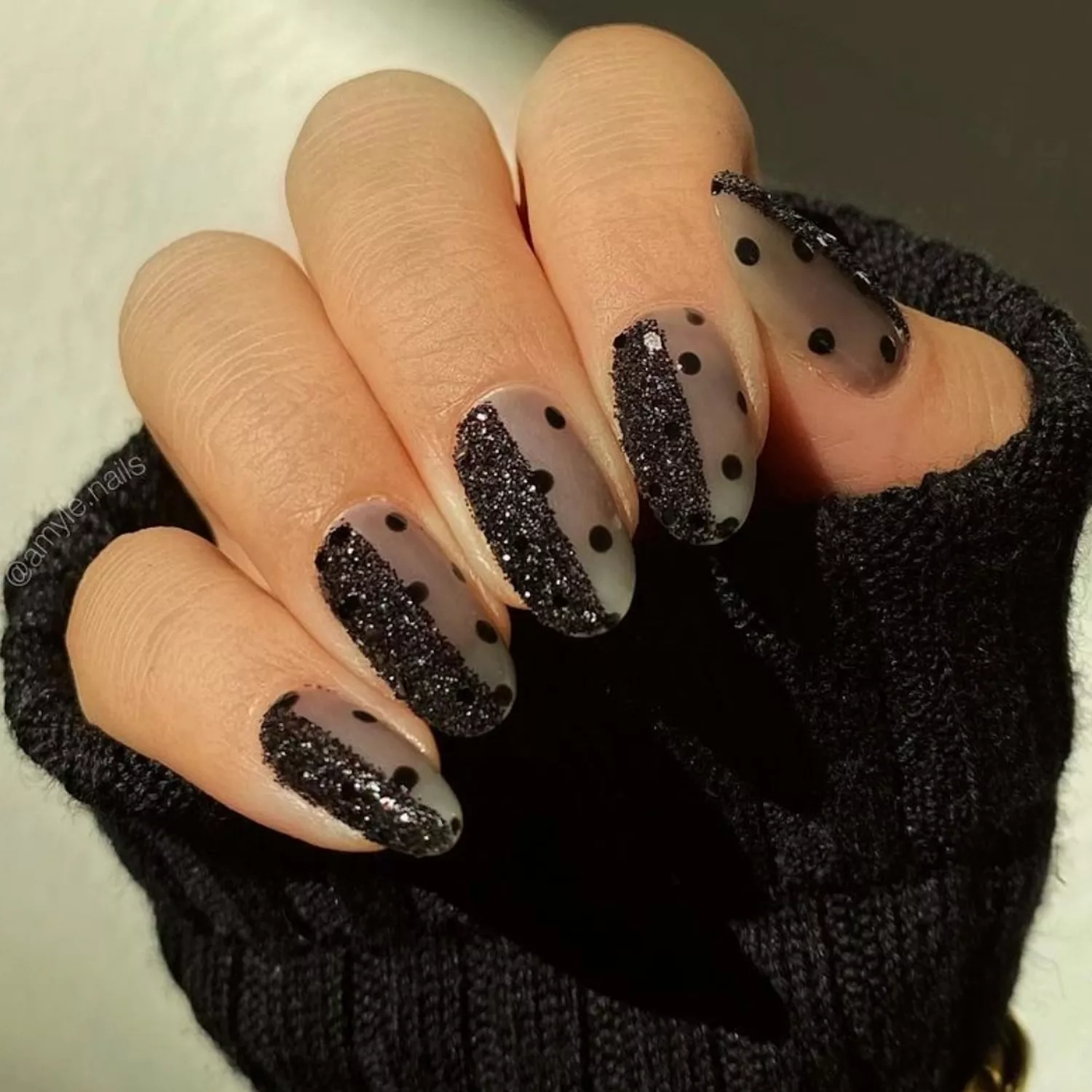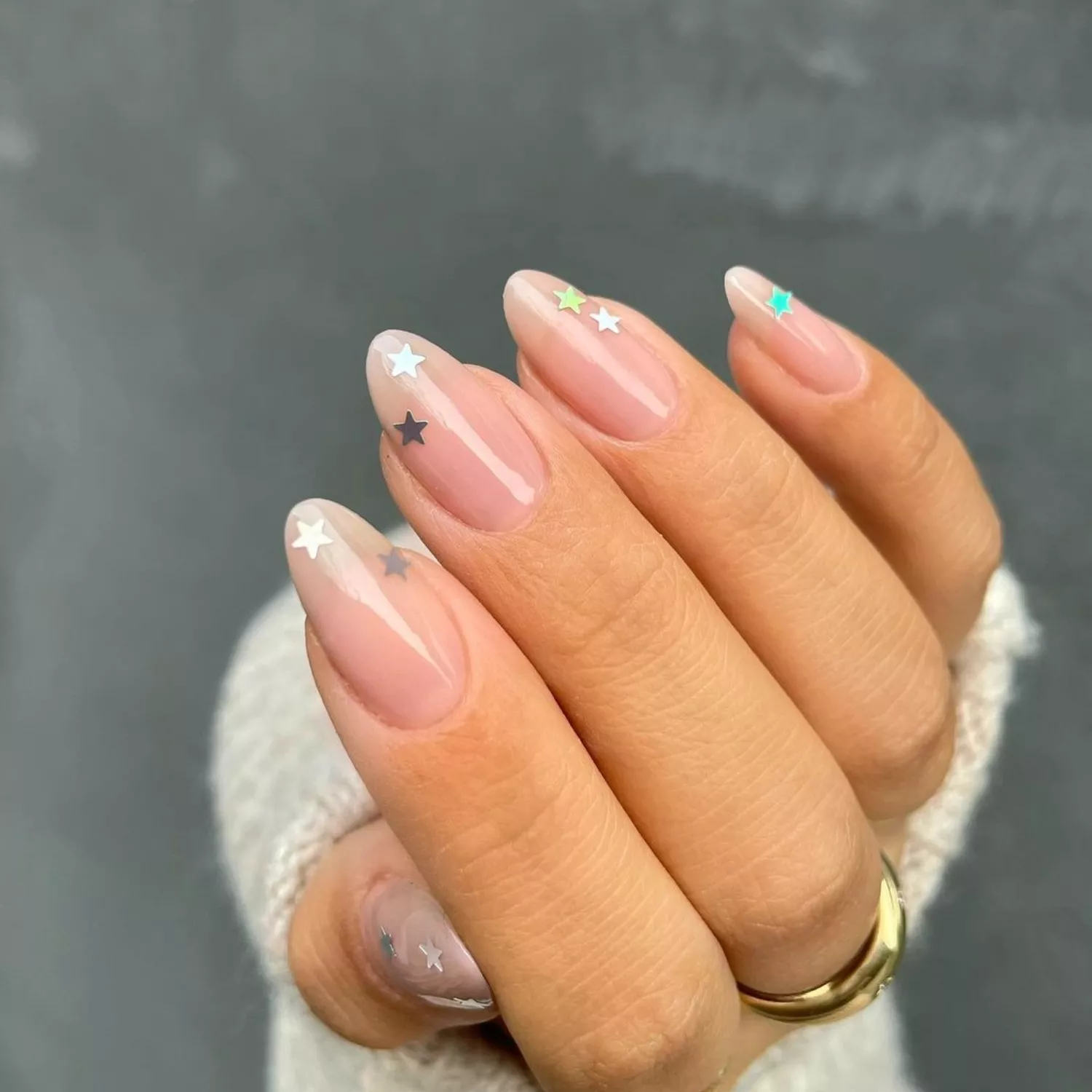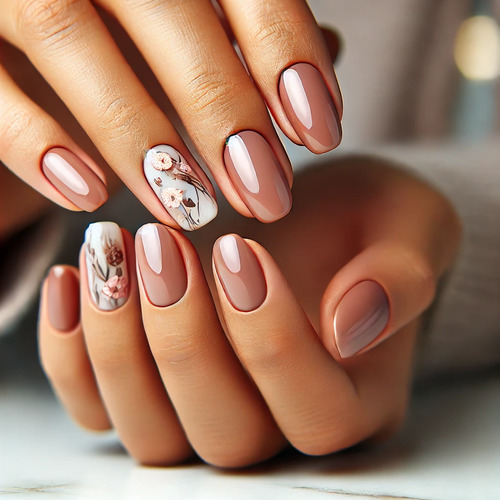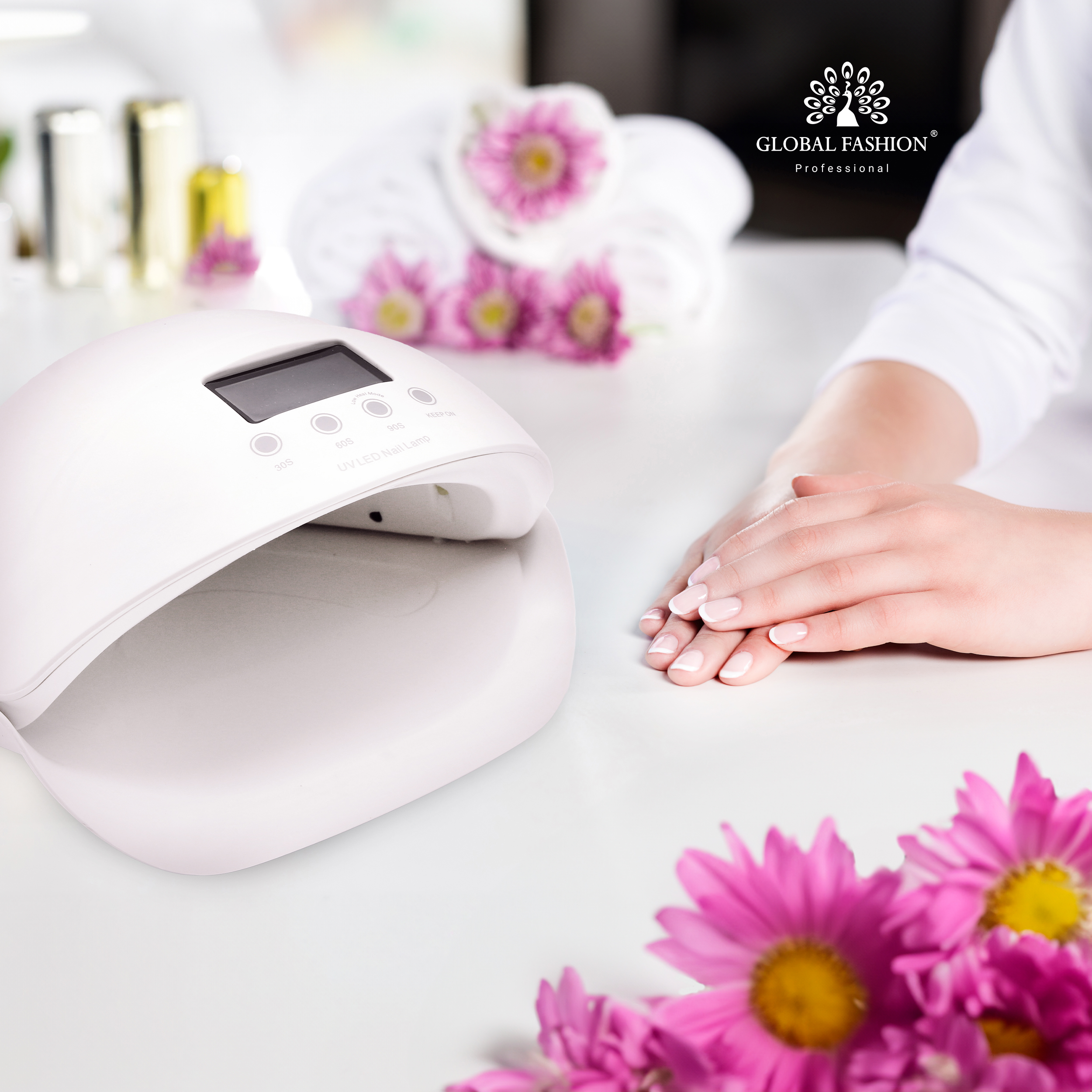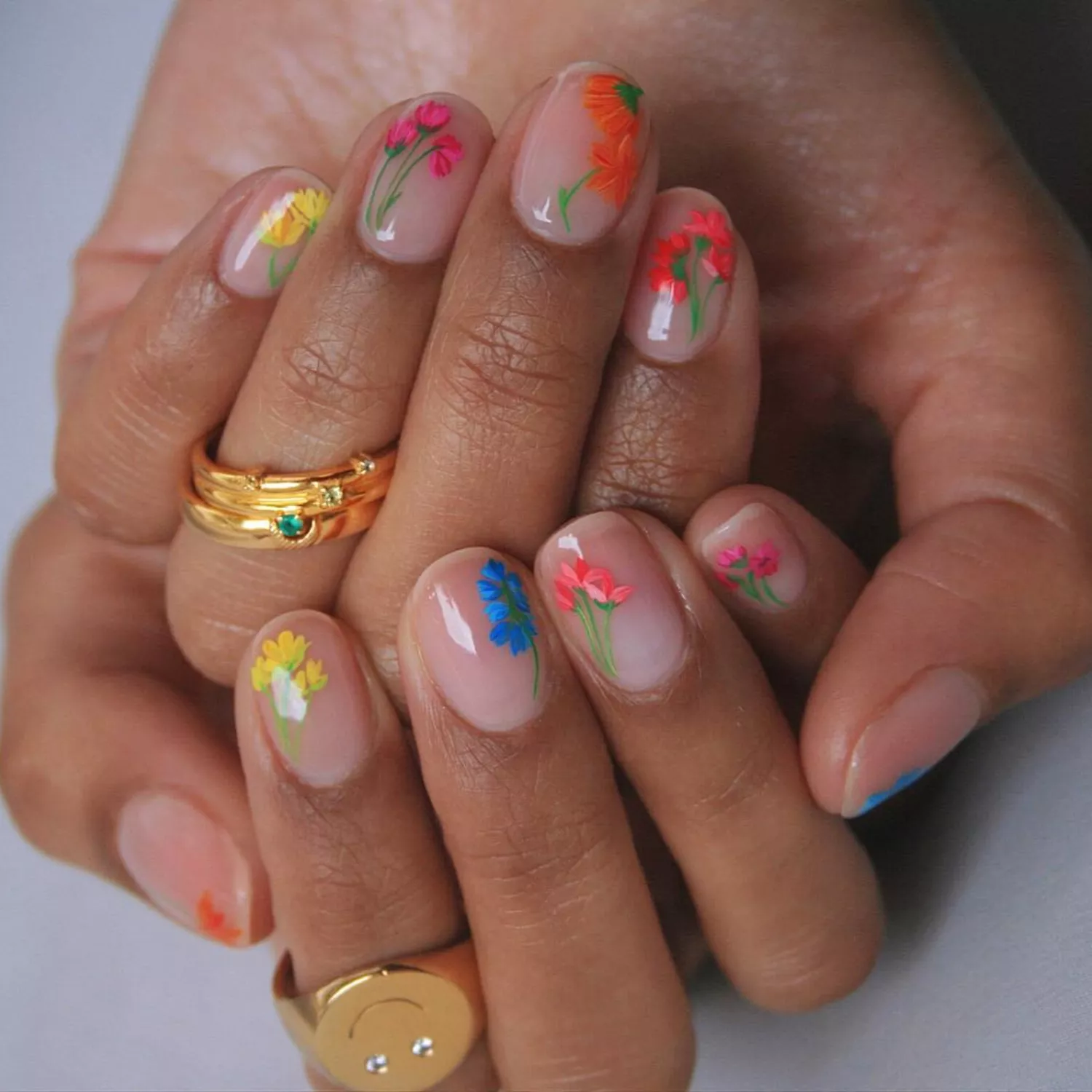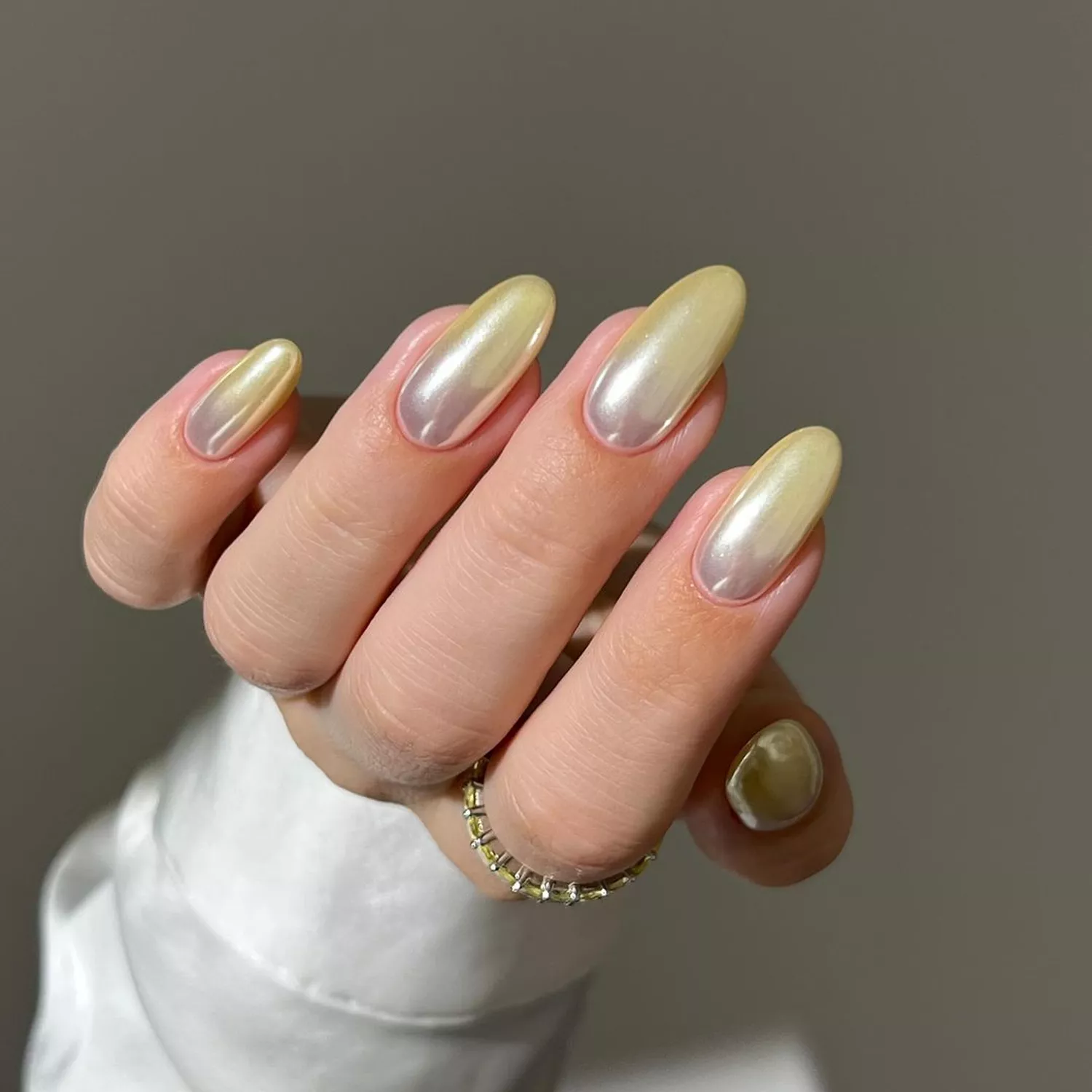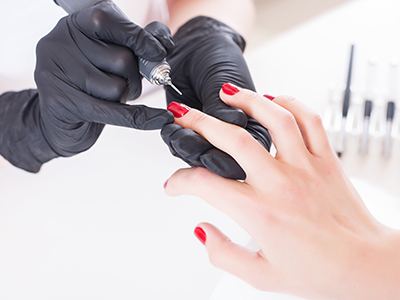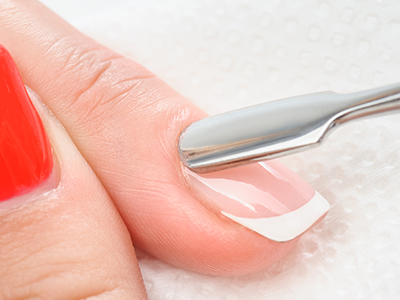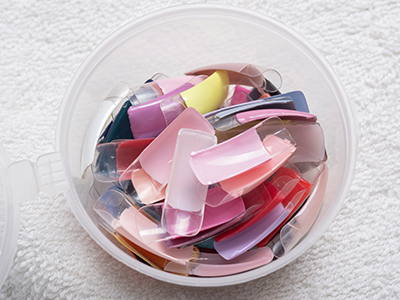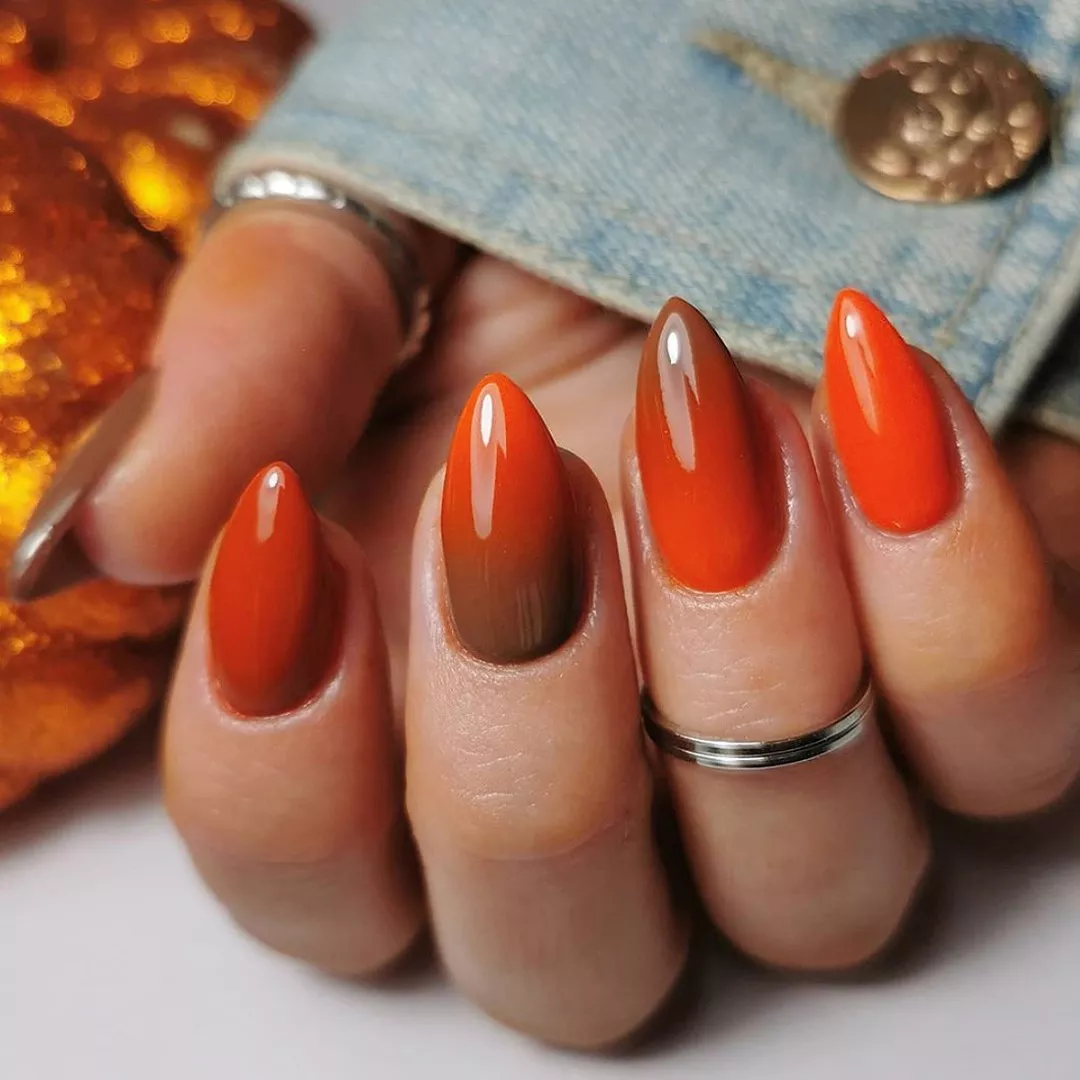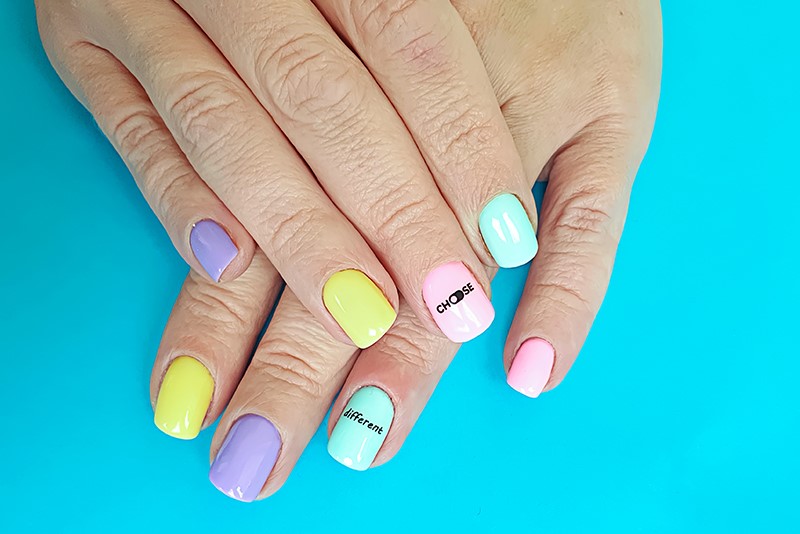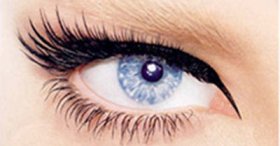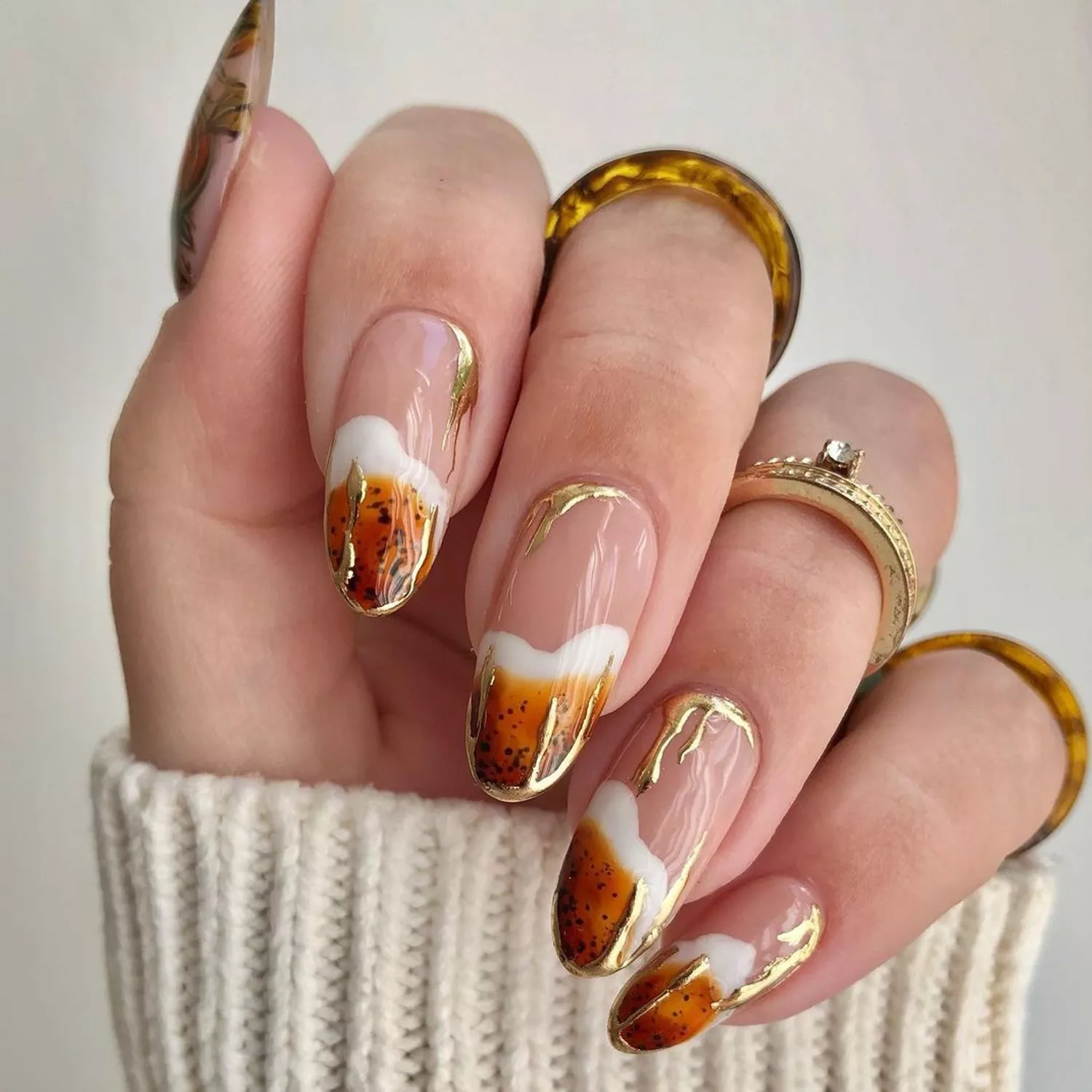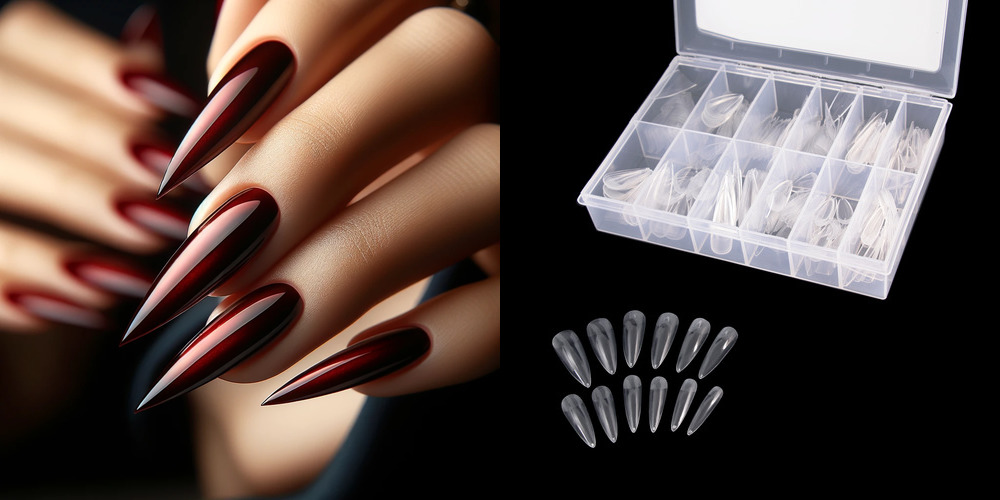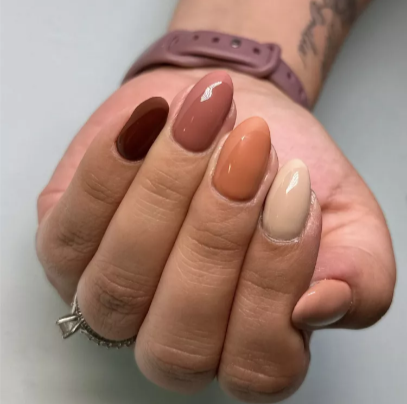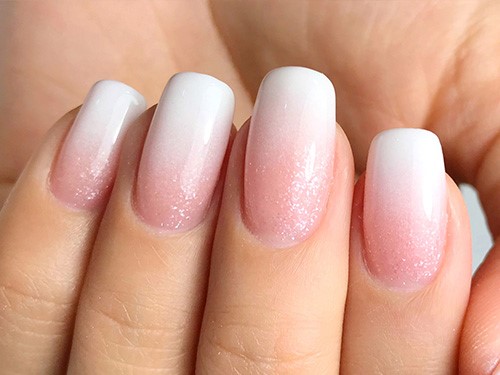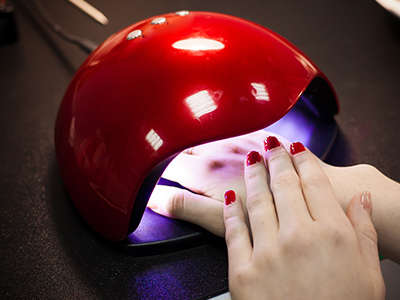How to care for hands and nails in winter - useful tips
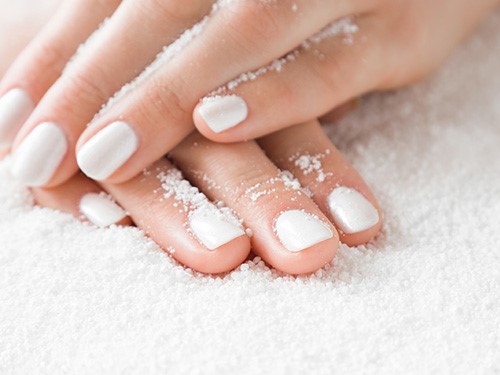
Our hands and nails are an important part of our body, requiring constant care and attention. Especially in winter, they need maximum care. At this time of year, the body is subjected to various stresses, vitamin and sunlight deficiency, as well as changes in diet, which can have a negative impact on the body. During the winter period, it is especially important to pay attention to the care of hand skin and nails to prevent dryness, cracks and other problems. In this article, we will present you with effective tips on how to care for your hands and nails in winter.
Winter hand and nail problems
Why do hands and nails suffer the most in winter?
Winter is a period when severe frosts and changing weather conditions occur. At this time it is very important to pay special attention to the care of hands and nails. Because it is in winter that the skin suffers from lack of moisture, and nails become brittle and brittle. Although wearing gloves or mittens can partially solve this problem, but even in them the skin is exposed to negative temperatures. Moisture loss can be caused not only by climatic factors but also by other aspects, as they say, there is a downside to this process.
1. Hot showers. Taking a hot shower in winter is a real pleasure, but it should be remembered that even this bliss can have negative effects on the body. In the process of a hot shower or bath, to warm up in the cold season, the skin loses a lot of moisture. Therefore, it is important to approach these procedures wisely.
To avoid excessive moisture loss, it is recommended to use lukewarm water instead of scalding hot water. This will not only help to preserve the natural moisture balance in the skin, but will also give a pleasant feeling of warmth without unnecessary health consequences. Apart from hot treatments, there are other ways to effectively warm the body that are also worth considering to keep yourself healthy and comfortable during winter.
2. Abrupt change in temperature. Frost itself can be less dangerous than a sudden change in temperature. The problem is that when a person goes from a freezing street to a warm room, there is a sudden change in conditions. In winter, the air inside flats is often too dry, causing the skin to lose moisture intensively when it comes into contact with it.
3. Water imbalance. Everyone should consume between 1.5 and 2 litres of water per day, regardless of the season. During the warmer months, this process usually comes naturally: high temperatures make us thirsty all the time and we drink enough water. But what happens in the winter?
In winter, we often forget the importance of drinking water regularly. It doesn't seem to be as hot and thirst is not felt as much. However, it is important to remember that during this period, the body also needs enough moisture. By limiting water intake in winter, we risk dehydration, which can have a negative impact on the overall health of the body and, in particular, the health of the skin.
Paying attention to water intake is just as important in winter as it is in summer. Maintaining hydration not only helps to keep our skin healthy, but also supports the normal functioning of all organs and body systems.
4. Winter clothing. Increased skin dryness can be caused by constant friction from wearing a warm jumper, which often provokes allergic reactions. It is especially important to avoid synthetic materials in winter, as they can worsen the situation by causing additional irritation and depriving the skin of necessary moisture.
5. Insufficient intake of vitamins into the body. In winter, many people face problems with the skin of their hands and nails, and this is often due to vitamin deficiency. It is known that during the cold season, the body often lacks essential nutrients, which can affect the condition of the skin and nails. Avitaminosis at this time of year can weaken the immune system, which in turn can lead to brittle nails, changes in the skin of the hands and a general weakening of the body. Paying attention to your vitamin intake becomes especially important to keep your skin and nails healthy during winter.
To keep your nails healthy and strong, especially during winter, it is important to provide your body with essential vitamins and minerals. Here are a few key elements that can help keep your nails healthy during the winter season:
- Vitamin A: Involved in the regulation of cell growth and helps strengthen nails. Food sources include carrots, sweet potatoes, spinach and apricots.
- Vitamin E: It has antioxidant properties and helps reduce nail brittleness. Almonds, nuts, seeds and fish oil are good sources of vitamin E.
- Vitamin C: Increases collagen synthesis, an important element for nail health, and effectively prevents cuticle hangnails. Citrus fruits, strawberries, and kiwi are excellent sources of vitamin C.
- Iron: The minerals in iron play a key role in maintaining healthy nails by helping to build and strengthen them.
Iron deficiency can lead to brittle nails. Sources of iron include red meat, legumes, and spinach.
- Zinc: Zinc plays a key role in the process of building healthy nail beds. It promotes tissue regeneration and strengthens nails
Deficiency of this important trace element can manifest itself in the form of white spots on the nails. Nuts, seeds, meat - rich sources of zinc.
- Calcium. An important trace element that plays an integral role in the formation of the structure of the upper layer of the nails. Its presence helps to strengthen the nail plate, giving it extra strength. The same calcium that supports the body's bone tissue has a beneficial effect on the health of the nails, making them not only beautiful, but also stable. By taking care of the calcium levels in the body, we not only support the bone system, but also contribute to the beauty and strength of our nails.
- Biotin (vitamin H): This vitamin is particularly known for its positive effects on hair and nail health. It is found in eggs, nuts, and oatmeal.
- Omega-3 fatty acids: These improve the overall health of the skin, hair and nails. They are found in salmon, tuna, flaxseed oil.
How to care for your hands and nails in winter
To keep your hands and nails healthy and beautiful even during the cold winter season, follow a few simple but effective care rules:
Moisturise
The air gets drier in winter, which can lead to dehydrated skin. Use a hand moisturiser to keep it soft and supple. Regular application will help prevent dryness and cracking.
Warm water
Avoid too hot water when washing your hands. High temperatures can dry out your skin, so use warm water to keep it naturally balanced.
Protection against cold
In cold temperatures, wear warm gloves to protect your skin from the cold and wind. This will help prevent loss of natural moisture and keep you warm.
Treat your nails gently
Use special moisturisers for cuticles and nails. Regular massaging helps improve circulation and keeps your nails healthy.
Proper nutrition
Pay attention to your diet in winter, including foods rich in vitamins and minerals. Vitamin A, C, E and biotin help strengthen skin and nails.
Drinking
Remember to drink plenty of water to keep your body well hydrated from the inside out. This will also have a positive effect on your skin and nails.
Following these simple rules will help you keep your hands and nails healthy and beautiful even in the harshest winter conditions.
Salon care: effective treatments for winter skin care for hands and nails
In winter, our skin, especially on our hands, needs extra care due to the cold and dry air. Salon treatments provide a great way to give your hands the attention and moisturisation they need. Here are some effective treatments for winter hand skin care at the beauty salon:
Paraffin bath
This treatment is great for moisturising the skin and helping to combat dryness. Hands are dipped in warm paraffin, which forms a film that retains moisture. Once the paraffin is removed, the skin is soft and moisturised.
Exotic exfoliation
Use gentle peels with natural ingredients such as sugar, honey or shea butter. This will help remove dead skin cells, leaving your hands smooth and silky smooth.
Mesotherapy
Mesotherapy is an effective rejuvenation procedure aimed at improving the condition of the skin. During this innovative method, a special composition is injected under the skin of the hands, stimulating blood circulation and activating cell regeneration processes. As a result of mesotherapy, the skin becomes youthful and firm, visibly rejuvenating right before your eyes.
Masque wraps
Special mask wraps containing moisturising ingredients will help to restore the moisture balance in the skin. This is especially useful in winter, when the skin often suffers from temperature fluctuations.
Hardware manicure and pedicure
Professional manicures and pedicures can help keep your nails and skin healthy during winter. Removing keratinised skin, correcting nail shape and applying nourishing oils will create a spectacular and well-groomed look.
Therapeutic wraps with vitamins
Use special wraps rich in vitamins that will help nourish the skin and make it more resistant to the cold.
Caring salon hand skin care in winter not only brings a sense of relaxation, but also effectively combats the negative effects of the cold, keeping your skin beautiful and healthy.
Now you don't have to be afraid of winter! If you follow the above rules, your hand and nail skin will look well-groomed not only in summer, but also in the cold season.
Read also: How to grow long and healthy nails fast - useful tips
Published: 04.12.2023 09:37
Times Read: 419
